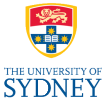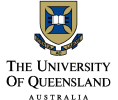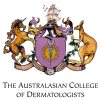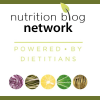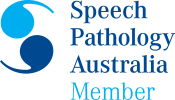The 15th of February marks the ‘International Childhood Cancer Day’. Cancer has often affected many people and their loved ones at some point during their lives including our beloved young children.
Cancer kills more Australian children than all other diseases combined. Around 1 in 285 kids are diagnosed prior to reaching adulthood. Over 10,000 Australian children are fighting cancer now. Another 1,100 are diagnosed each year. 1 in 5 kids die within 5 years of diagnosis.
Childhood cancer is very different than adult cancer. It can affect any child, and there are no known risk factors for childhood cancer, and nothing can prevent development.
Current treatments are outdated and toxic. Side affects both short and long term is inhumane. 90% of childhood cancer survivors develop chronic, lifelong health problems. Survivors are at greater risk of developing secondary cancers. Overall survival is compromised.
Even though there have been great advances in research and medicine, childhood cancer survival rates have continued to plateau. Pediatric cancer research has been insufficiently funded in both Australia and internationally. Improved rates of survival are reliant on further research for treatment options. As current treatments are very toxic and have been unchanged for many years. Both short term and long term side effects from current treatments cause the suffering children ongoing pain and suffering
International Childhood Cancer Day is a global collaborative campaign to raise awareness about childhood cancer, and to express support for children and adolescents with cancer, the survivors and their families.
The day encourages increased awareness and hopes for better knowledge and understanding of the problems and challenges that affect childhood cancer, the current sufferers, the survivors, their families and the society as a whole. It also raises needed recognition for more support and improved access to treatment and care.
References
The post International Childhood Cancer Day appeared first on ENT Wellbeing Sydney.





